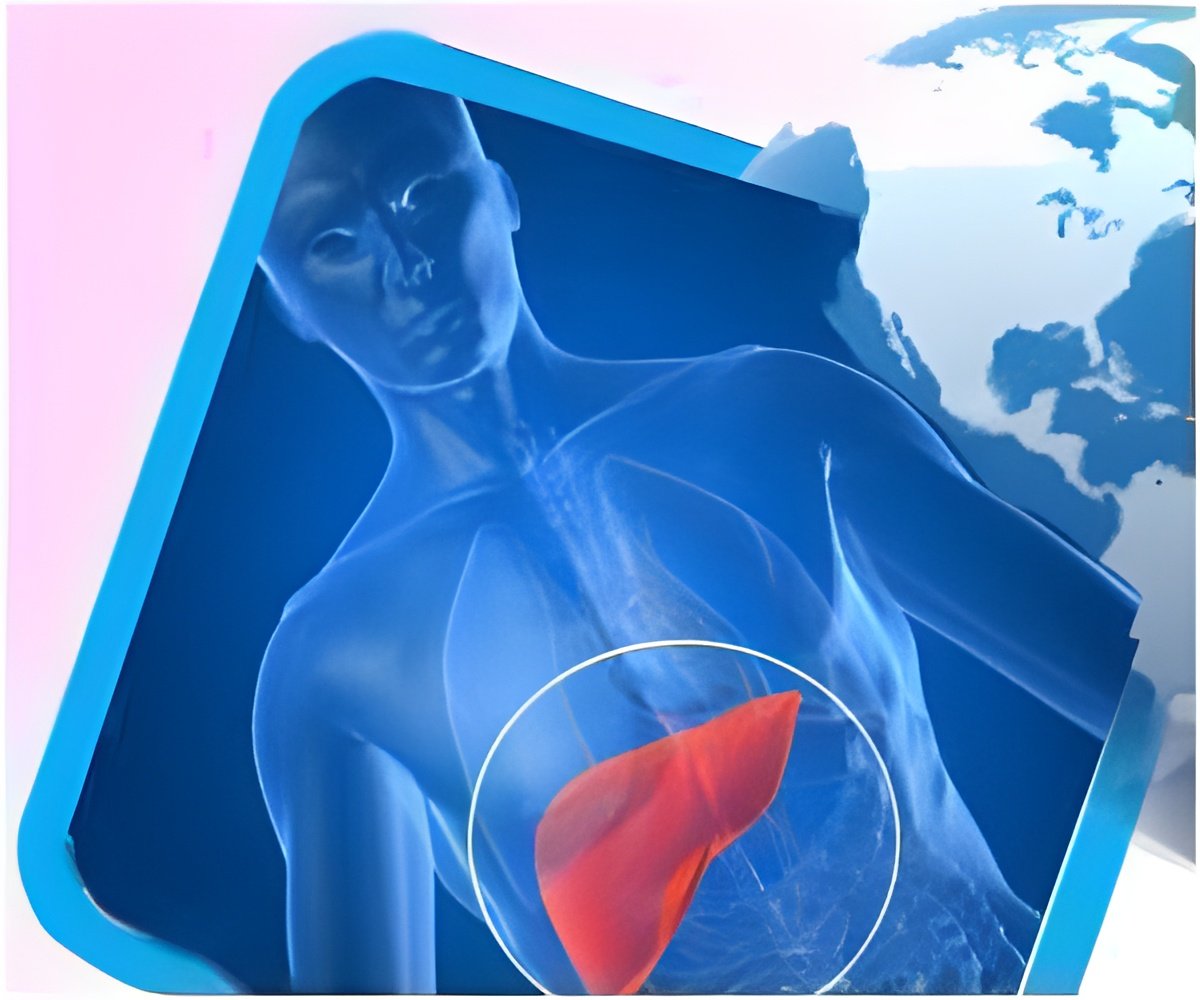Stockholm, Sweden: With the advent of personalised medicine, gains in cancer survival over the long term could be improved by running smaller, faster trials with less stringent evidence

Working with colleagues at The Mayo Clinic in Rochester, Minnesota, USA, Dr. Le Deley simulated a series of two-treatment superiority trials (where a new treatment is compared with the existing standard therapy), taking place over 15 years and using different design parameters. These included the number of trials performed during the period, and the criteria used to adopt an experimental treatment as the new standard. The researchers used these studies to estimate, for different strategies, the survival improvements that could be expected over a 15-year research period.
"We found that there were important gains in survival attributable to a strategy of conducting more trials with smaller sample sizes and relaxed evidential criteria compared with those required under traditional trial designs," said Dr. Le Deley. "The downside of this approach is that we also reduce the certainty of the findings: we might select as a new temporary standard a treatment that does not work better than the existing best therapy, but the fact that we will conduct many more trials will allow such errors to be quickly remedied.
"Considering that many new targeted agents have fewer safety issues than the older cytotoxic (cell killing) treatments, we feel that the risk of accepting a few therapies that offer no benefit, but with a very low chance of a truly poorer outcome, for a greater long-term benefit at the end seems reasonable. The possibility of a small number of backward steps in the series of trials should not lead us to discard the whole process. The classical, large sample-size clinical trials are designed to avoid wrong decisions, but take a very long time to reach a definitive result when the disease is rare."
In rare diseases, the ability to pursue many of the promising agents available for clinical testing is hindered by the need to invest much effort in a single direction by running a large trial over many years, the researchers say. However, they believe that statisticians and regulators may be more difficult to convince of the need for change. "The culture within these groups is very risk-averse," said Dr. Le Deley. "Their conservative approach is reasonable; the higher the strength of evidence, the lower the risk of wrong decision. But in rare diseases, which could include many small subsets of cancers, this approach is counterproductive as soon as many new agents become available for clinical testing. We need a more flexible process to cater for this situation."
Dr Le Deley makes it clear that her recommendation to decrease the sample size and relax the decision criteria makes sense only if there is no way to increase the trial accrual rate, and thus that the proposal should not be taken as an encouragement to abandon collaborative projects with potential for broad participation. The traditional, large-scale clinical trial will still be needed, but smaller, targeted trials should be allowed where appropriate, and these could lead to quicker results, and in the long term, greater gains, say the researchers.
Advertisement
"The arrival of personalised medicine means that we will have to change our thinking and ways of doing many things, and trials are just one example of this. The problems arising from the drafting and implementation of the Clinical Trials Directive have shown clearly that oncologists need to be looking ahead and planning for impending changes at all times," said ECCO President, Professor Michael Baumann.
Advertisement
Source-Eurekalert













